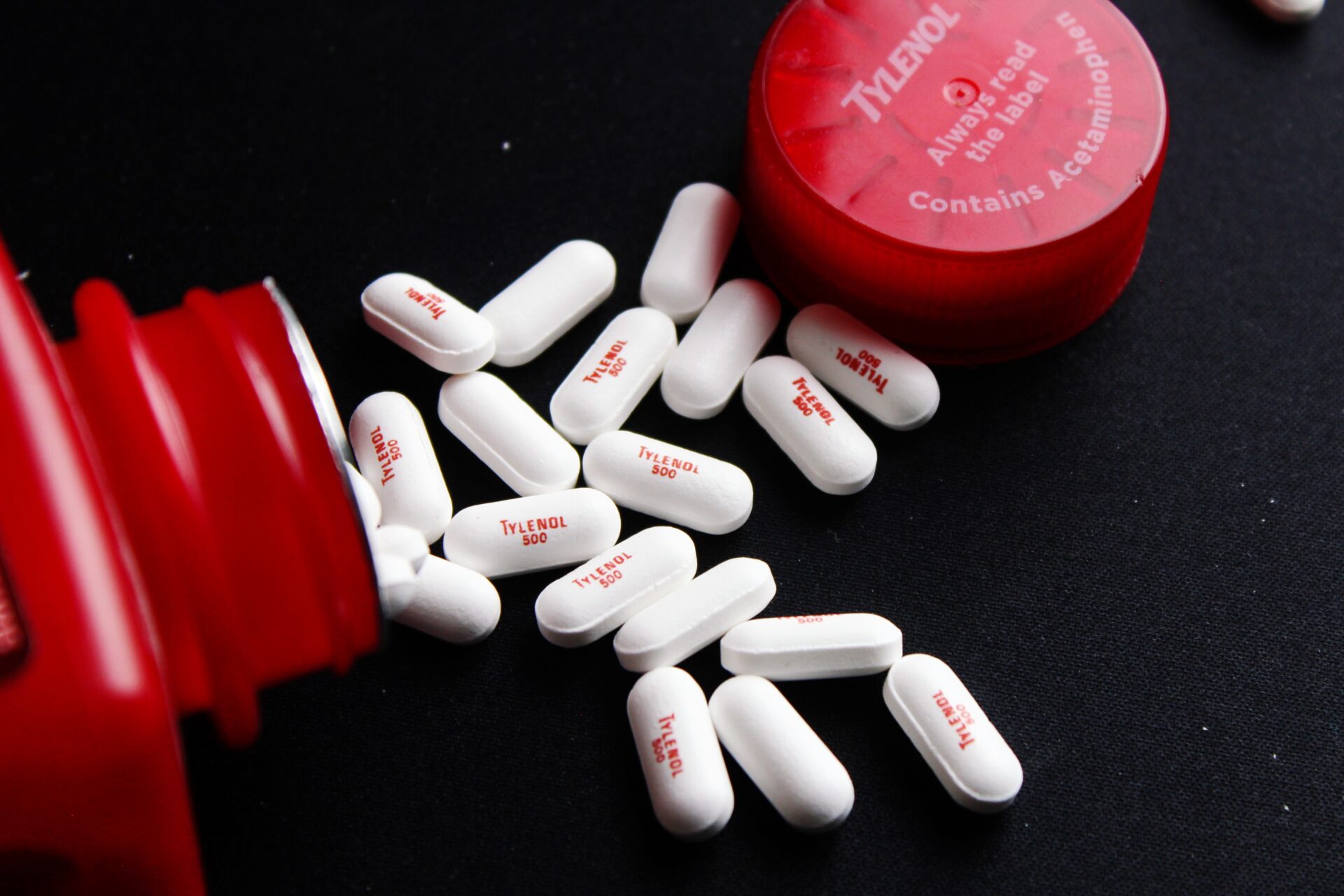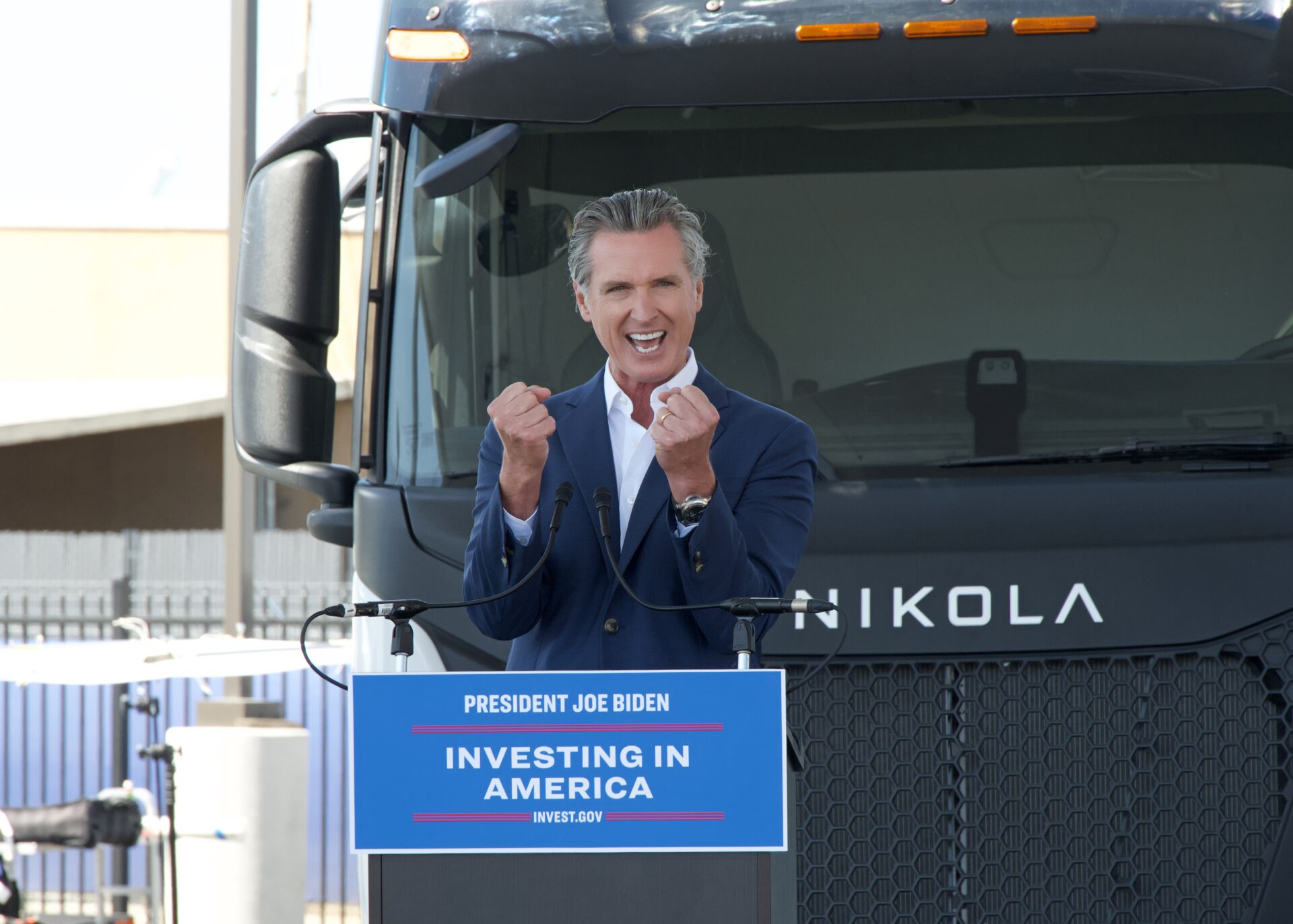
Tylenol PANIC Sparks Wall Street FREEFALL!
Johnson & Johnson stock plunged after reports claimed HHS may link Tylenol to autism, rattling markets and fueling uncertainty across the health sector.
At a Glance
- Johnson & Johnson shares dropped sharply on unverified autism link reports.
- HHS, under Robert F. Kennedy Jr., has not confirmed the claim.
- Scientific consensus finds no causal link between Tylenol and autism.
- Market volatility underscores high sensitivity to drug safety rumors.
Market Fallout
Johnson & Johnson shares slid after a media report hinted at looming HHS action. The rumor tied Tylenol, its flagship over-the-counter product, to autism.
Trading volume surged as institutional investors cut exposure. Bearish sentiment drove sharp losses across healthcare stocks, highlighting fragile confidence in drug safety policy.
Watch now: Tylenol stock price plummets as RFK Jr reportedly links it to autism
The timing amplified risk. Johnson & Johnson had recently posted resilient Q2 earnings, but the rumor revived concerns about reputational drag. Investors recalled past opioid and talc battles, both of which bruised the brand.
RFK Jr. at the Center
The controversy tracks back to Robert F. Kennedy Jr., who took the HHS helm earlier this year. Known for his skepticism toward vaccines and certain drugs, his signals now hold market-moving weight.
Reports claimed his department was preparing to issue guidance linking acetaminophen, Tylenol’s active ingredient, with autism. No official statement has followed, leaving both investors and the public in limbo.
Scientists stressed that no peer-reviewed, large-scale studies support such a link. The medical consensus remains clear: acetaminophen is safe when used correctly, and autism’s causes are multifactorial.
Reaction and Risk
Analysts warned the selloff was premature, arguing markets should wait for regulatory clarity. Still, the rumor underscores the fragility of investor confidence when drug safety claims emerge.
Healthcare professionals urged restraint, calling for evidence-based communication to prevent panic. Advocacy groups, already wary of misinformation, pressed HHS to act quickly and decisively.
If left unchecked, the scare could harden into reputational damage for Johnson & Johnson. Beyond one company, the pharmaceutical sector may face broader scrutiny of over-the-counter drugs and communication protocols.
Broader Implications
The fallout extends beyond share prices. Consumer trust in Tylenol, one of the most common household pain relievers, now faces pressure. Retailers and pharmacies could feel ripple effects if sales dip.
Regulators face a test as well. A vague or delayed HHS statement risks worsening uncertainty, while a clear denial could stabilize markets. Kennedy’s reputation, already polarizing, now threads through Wall Street and Main Street alike.
For investors, the case reinforces a lesson: perception can move faster than proof. Markets chase rumors, but science demands patience. The clash between the two defines the Tylenol scare of 2025.
Sources
Tickeron
TradingNews
ShawneeFeed
JNJ Press Release


